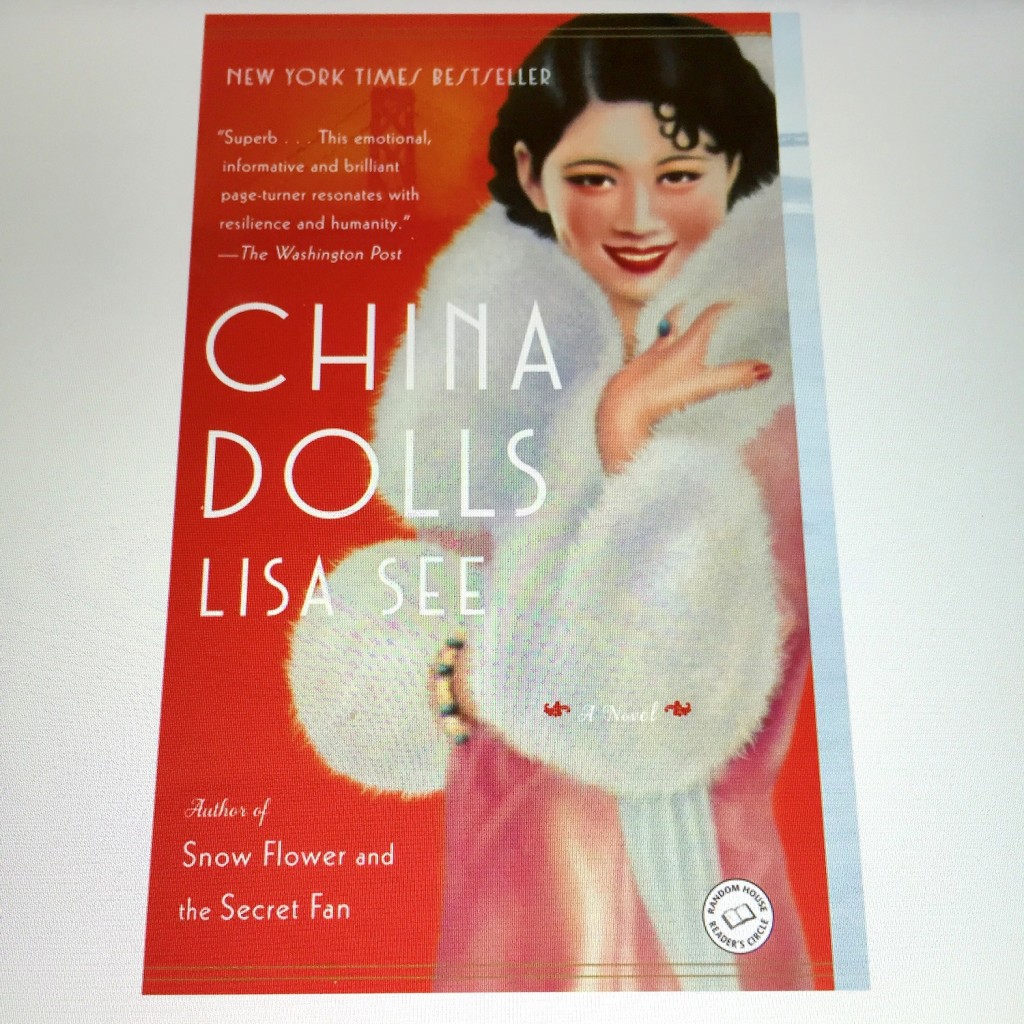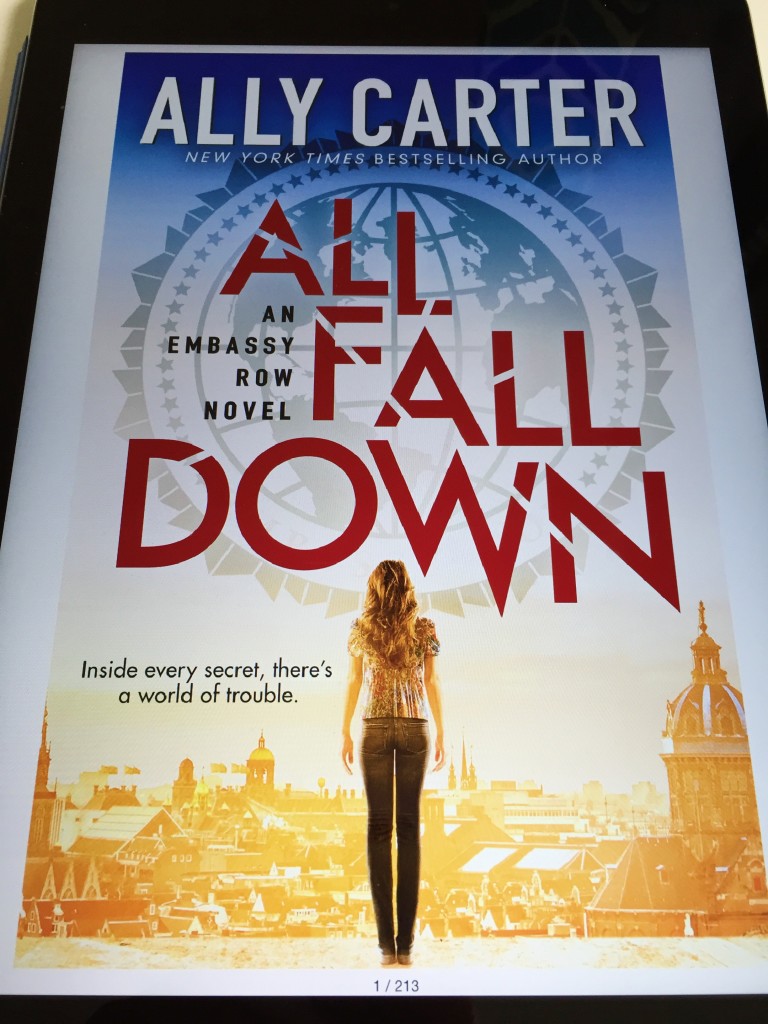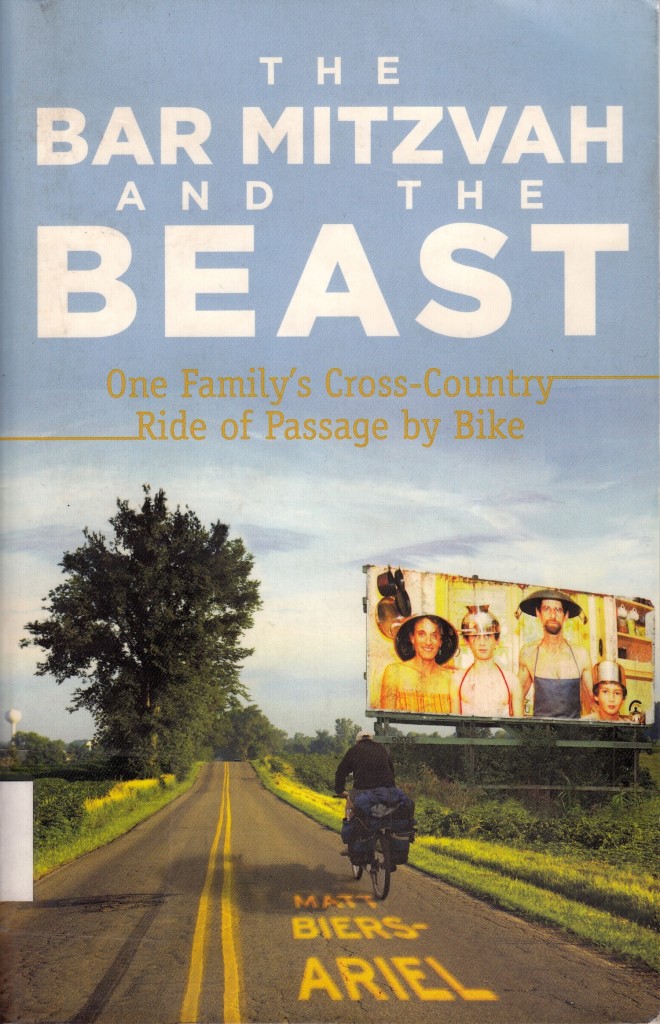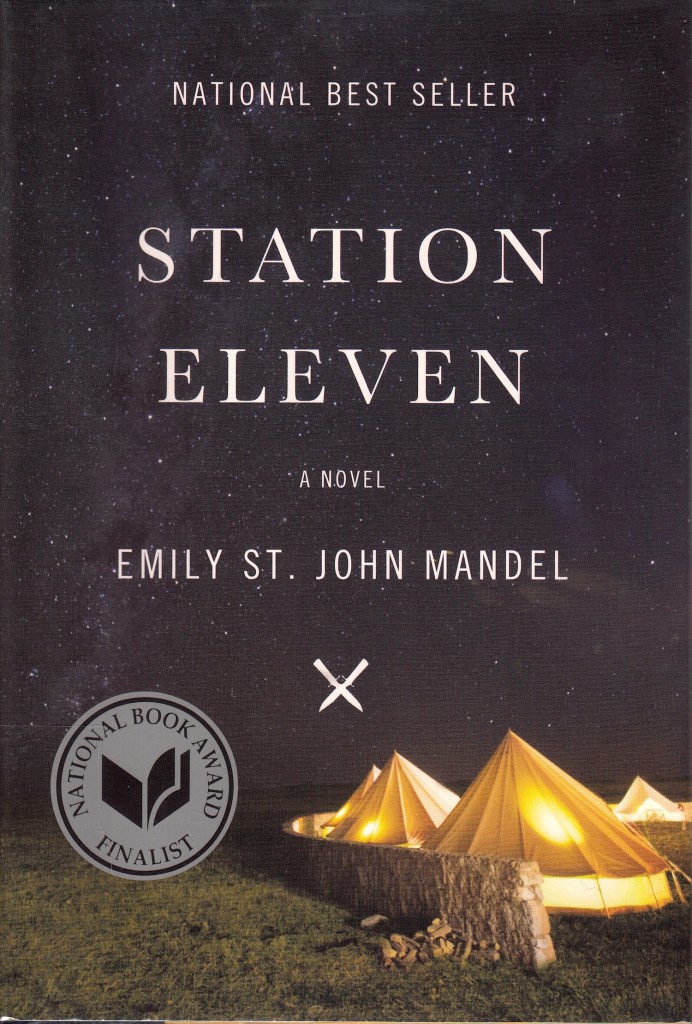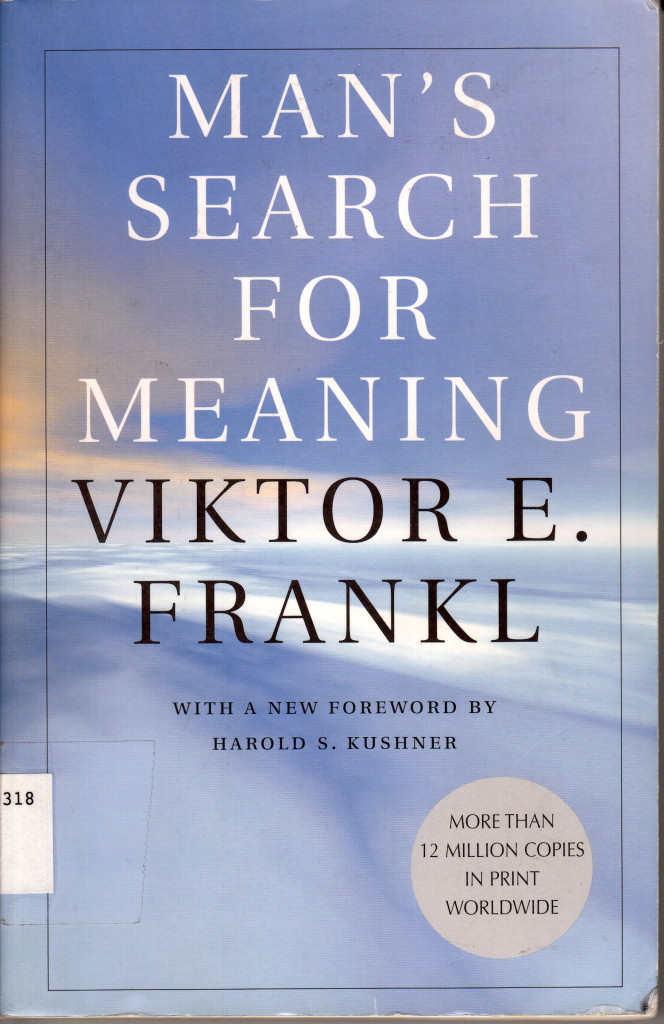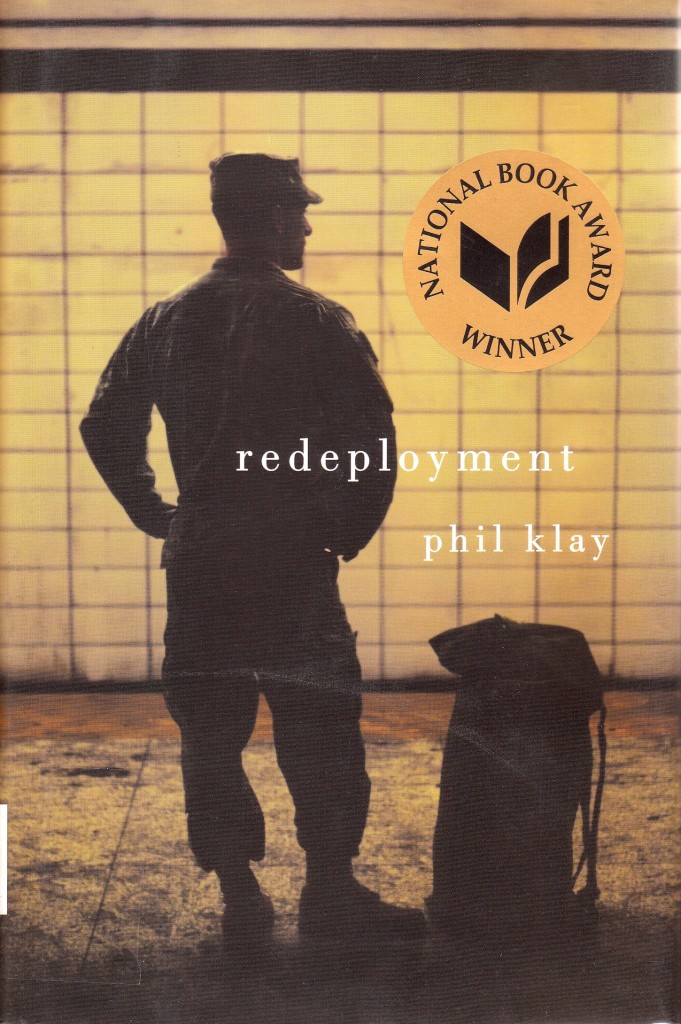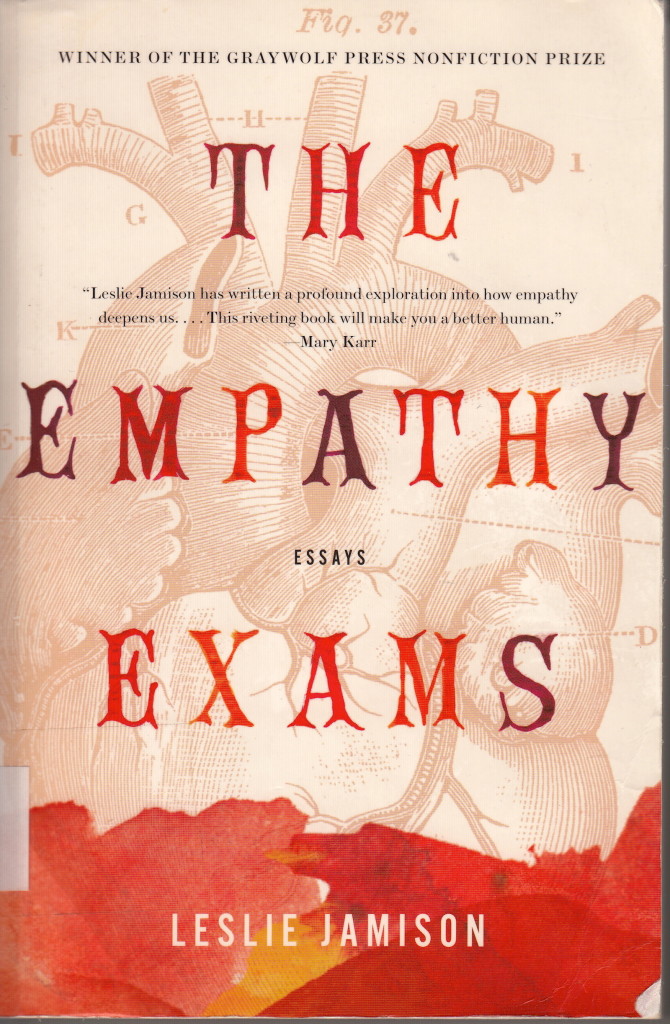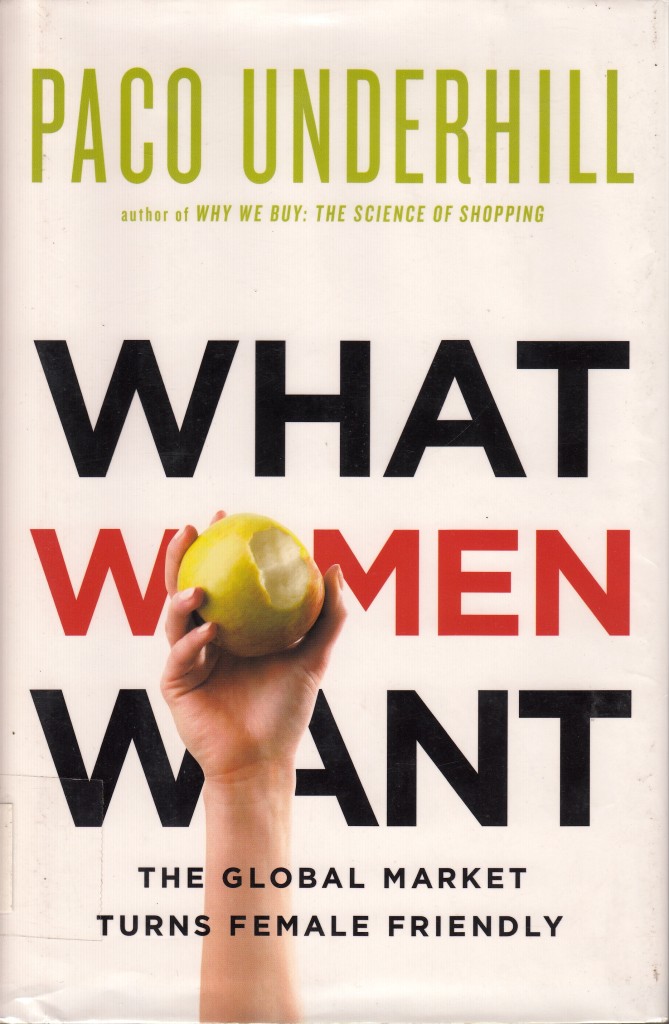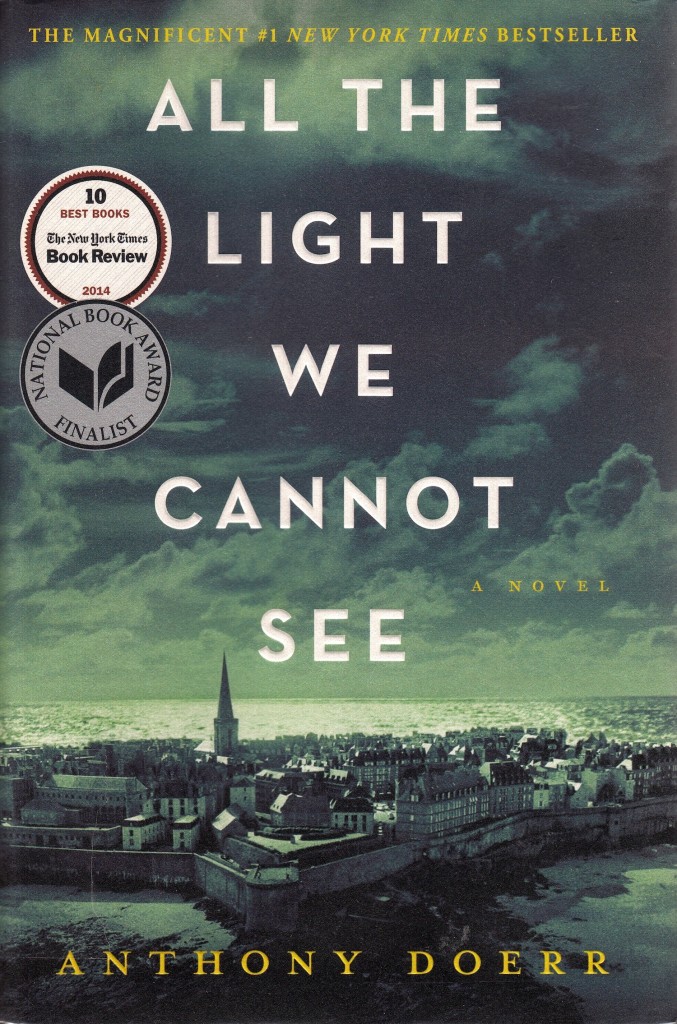
What’s it about?
There are two main plot threads in All the Light We Cannot See. In the first, there’s a blind girl (Marie-Laure) living with her father (Monsieur LeBlanc) in Paris in the 1930s. The main things to know about them are: she’s smart, he’s a key master who is also great at building puzzle boxes. World War II comes, and they end up leaving Paris for Saint-Malo, a small bit of land that becomes an island at high tide. In the second, there’s an orphaned German boy (Werner) in the 1930s who builds radios. He loves building things in general and is entranced by radios in particular. He and his sister (Jutta) enjoy listening to a broadcast from France as children. He gets selected for a national school, run by the Nazis, because he is smart. He eventually gets sent to the front lines during WWII and ends up in Saint-Malo towards the end of the German occupation.
Why should you read it?
Well, in addition to being a National Book Awards Finalist and a NYTimes book of the year, All the Light We Cannot See also won a Pulitzer this week. So if you’re looking for an award-winning book, this one fits the bill nicely.
In addition to that, it is a gorgeously told story that made me get over my “really? heroes during WWII again?” skepticism. The characters are (mostly) richly created, the settings are amazing – you feel cold and wet when Werner is on the Russian front lines in WWII, and warm and loved when Marie-Laure is amongst her family in small town France. Really, it’s very well done.
